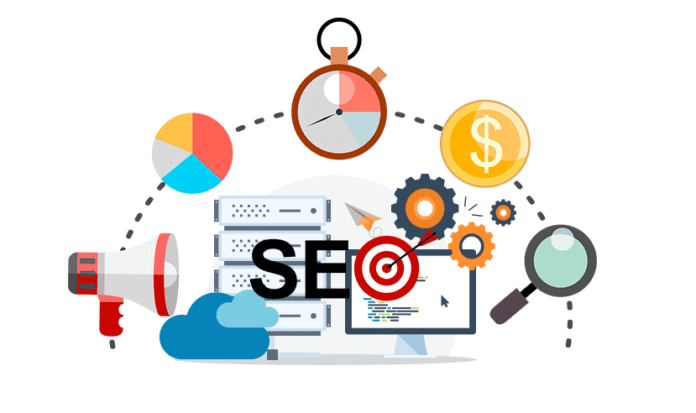In the highly competitive world of real estate, online visibility can be the difference between closing deals and getting lost in the noise. Whether you’re a real estate agent, broker, or property listing site, your digital presence must be optimized to attract buyers and sellers. One of the most effective yet underrated strategies for long-term SEO success is acquiring quality backlinks.
This article explores the importance of quality backlinks for real estate websites and outlines actionable strategies to build them effectively.
Why Quality Backlinks Matter for Real Estate SEO
1. Improve Local Search Rankings
Real estate is a hyper-local business. Quality backlinks from local directories, news outlets, and community websites signal relevance to search engines, helping you rank for location-specific keywords like “homes for sale in Austin” or “Los Angeles real estate agent.”
2. Build Credibility and Trust
Backlinks from reputable sources such as mortgage blogs, legal websites, or news publications add authority to your real estate brand, making visitors more likely to trust you with their home buying or selling journey.
3. Drive Referral Traffic
When someone finds your link on a respected site—like a local chamber of commerce, neighborhood blog, or property news site—they’re more likely to visit your listings or contact you.
4. Increase Indexing of Listings
Frequent linking from authoritative domains helps Google discover and index new property listings faster, ensuring they show up in search results promptly.
How to Build Quality Backlinks for Real Estate
1. Get Listed in Local Business Directories
Ensure your business is featured on major local directories like Yelp, Realtor.com, Zillow, Trulia, and Google Business Profile. Also, add your site to city-specific directories and community portals.
2. Publish Market Reports and Infographics
Create original, data-driven content about local real estate trends, pricing, and neighborhood comparisons. These assets are often cited by bloggers and journalists, generating organic backlinks.
3. Collaborate with Local Businesses
Partner with mortgage lenders, home inspectors, staging companies, or moving services. Offer mutual backlinks on each other’s websites and blogs.
4. Write Guest Posts on Home & Lifestyle Blogs
Write informative articles such as “5 Tips for First-Time Home Buyers” or “How to Prepare Your Home for Sale” for relevant blogs, linking back to your site.
5. Sponsor Community Events
Get your brand listed (with a backlink) on community event pages when you sponsor local charity runs, art festivals, or school fundraisers.
6. Offer Testimonials and Case Studies
Provide testimonials for partners you’ve worked with. Often, they’ll include your name and a backlink on their site.
Common Backlink Pitfalls to Avoid
- Don’t buy backlinks – It may provide a short-term gain but risks long-term penalties from Google.
- Avoid spammy link directories – Stick to authoritative and well-moderated sites.
- Don’t overuse keyword-rich anchor text – Use natural language like your brand name or page title.
- Avoid link swaps with unrelated industries – Keep all backlinks relevant to real estate, finance, or home services.
Measuring the Impact of Your Backlink Strategy
Use tools like Google Search Console, Ahrefs, or SEMrush to:
- Track newly earned backlinks
- Monitor referring domains and authority
- Measure increases in keyword rankings and organic traffic
- Analyze user engagement from referral traffic (bounce rate, time on site)
Conclusion
In a crowded digital marketplace, quality backlinks help real estate professionals rise to the top of search engine rankings, boost traffic, and build long-term trust. The key is to create genuine, high-value partnerships and content that others want to link to.
From collaborating with local businesses to publishing market insights and participating in your community, a strong backlink strategy lays the foundation for sustainable growth and visibility in real estate.

